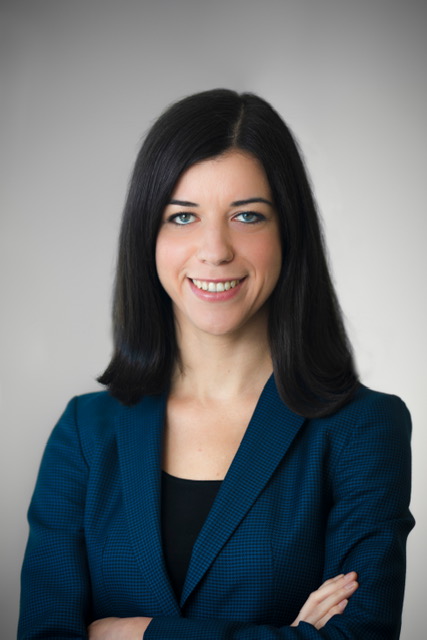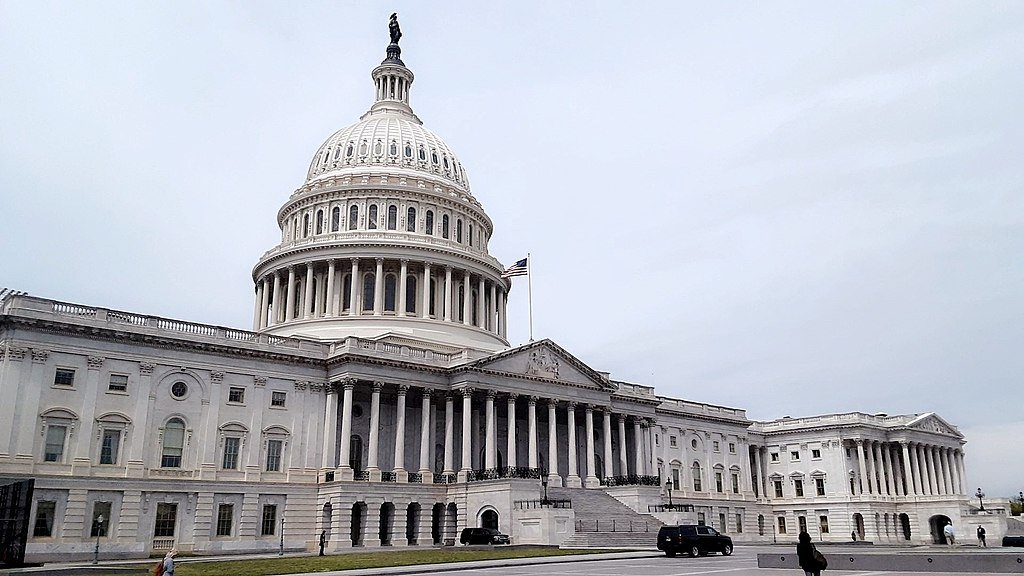Persistent Aggrandizement? Israel's Cyber Defense Architecture
The Israeli equivalent to Defend Forward is far less regulated than its U.S. parallel, and that the Israeli version of Persistent Engagement at home allows domestic action and harnesses the private sector in ways that the U.S. approach does not contemplate.
Published by The Lawfare Institute
in Cooperation With

Since 2011, the Israeli government has worked to centralize and streamline cyber defense authorities and responsibilities. It has established a new civilian national security agency to oversee cybersecurity preparedness and monitor and respond to cyber threats. The government has also advanced comprehensive draft legislation in broad consultation with a variety of relevant stakeholders from the private sector and civil society to regulate the authorities and operations of that new agency.
This paper compares the Israeli cyber defense architecture and recent reforms with key concepts in current U.S. strategy: Defend Forward and Persistent Engagement. It finds that the Israeli equivalent to Defend Forward is far less regulated than its U.S. parallel, and that the Israeli version of Persistent Engagement at home allows domestic action and harnesses the private sector in ways that the U.S. approach does not contemplate. The paper also briefly evaluates the Israeli reforms. It argues that the reforms are best described as persistent government aggrandizement, at the expense of the private sector and civil liberties.





